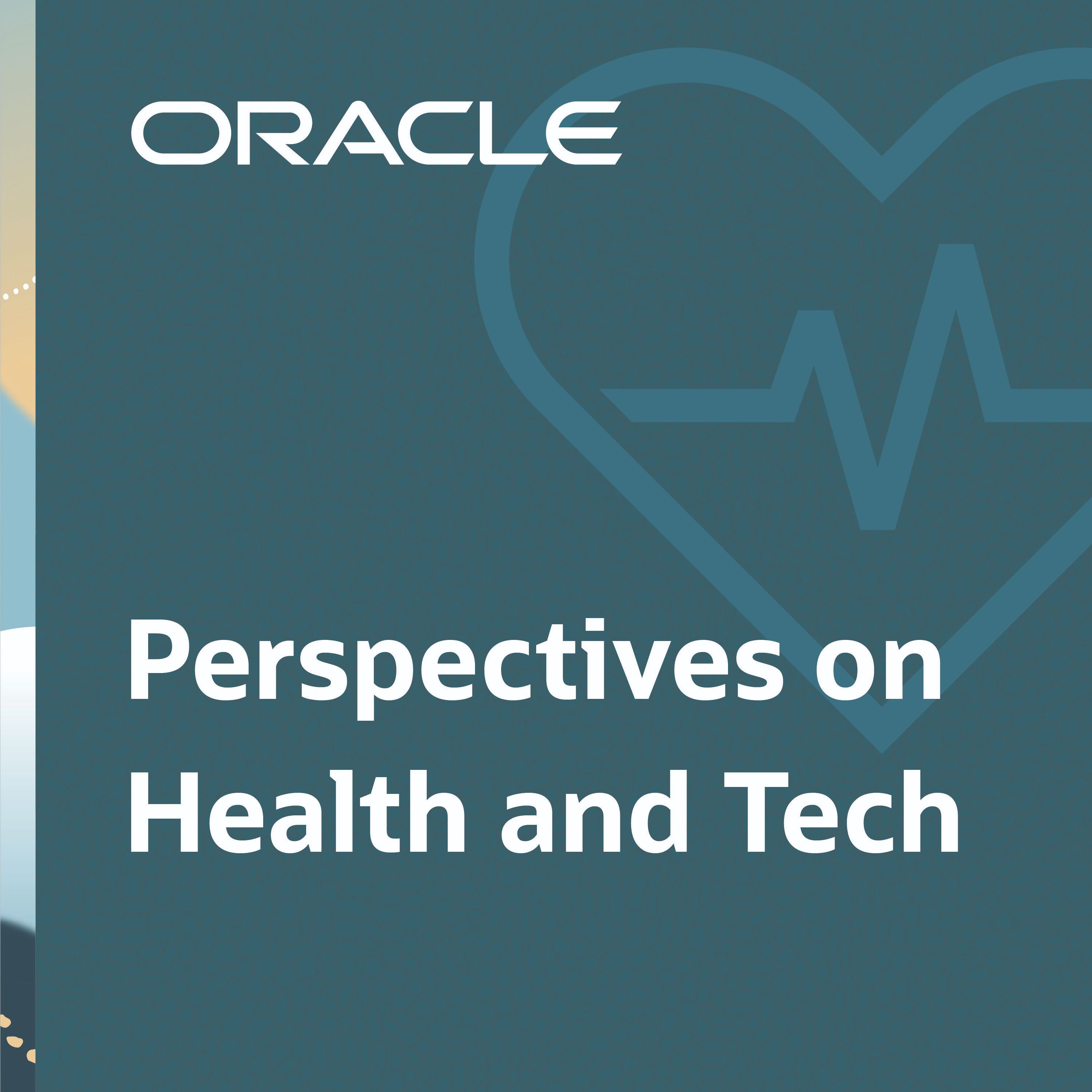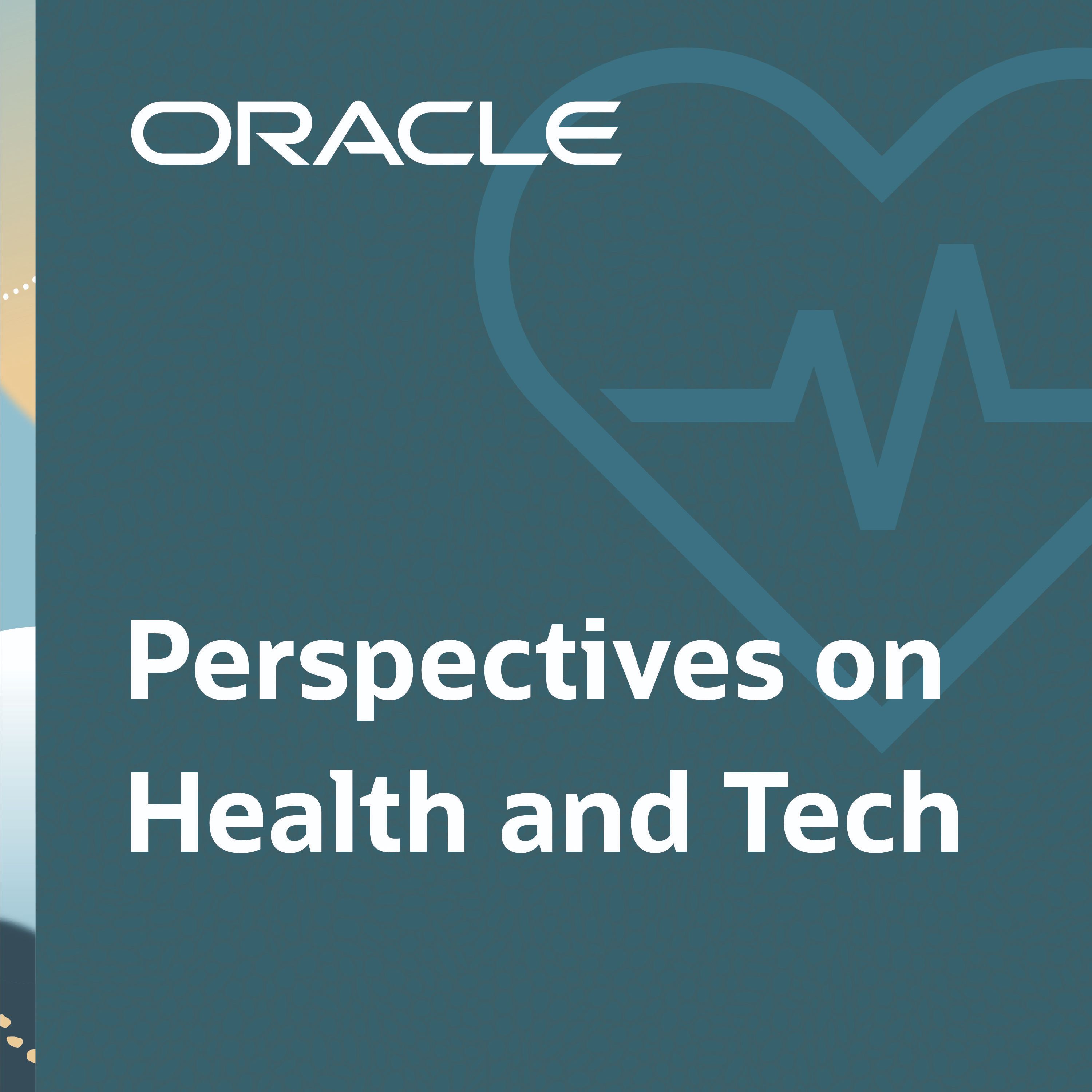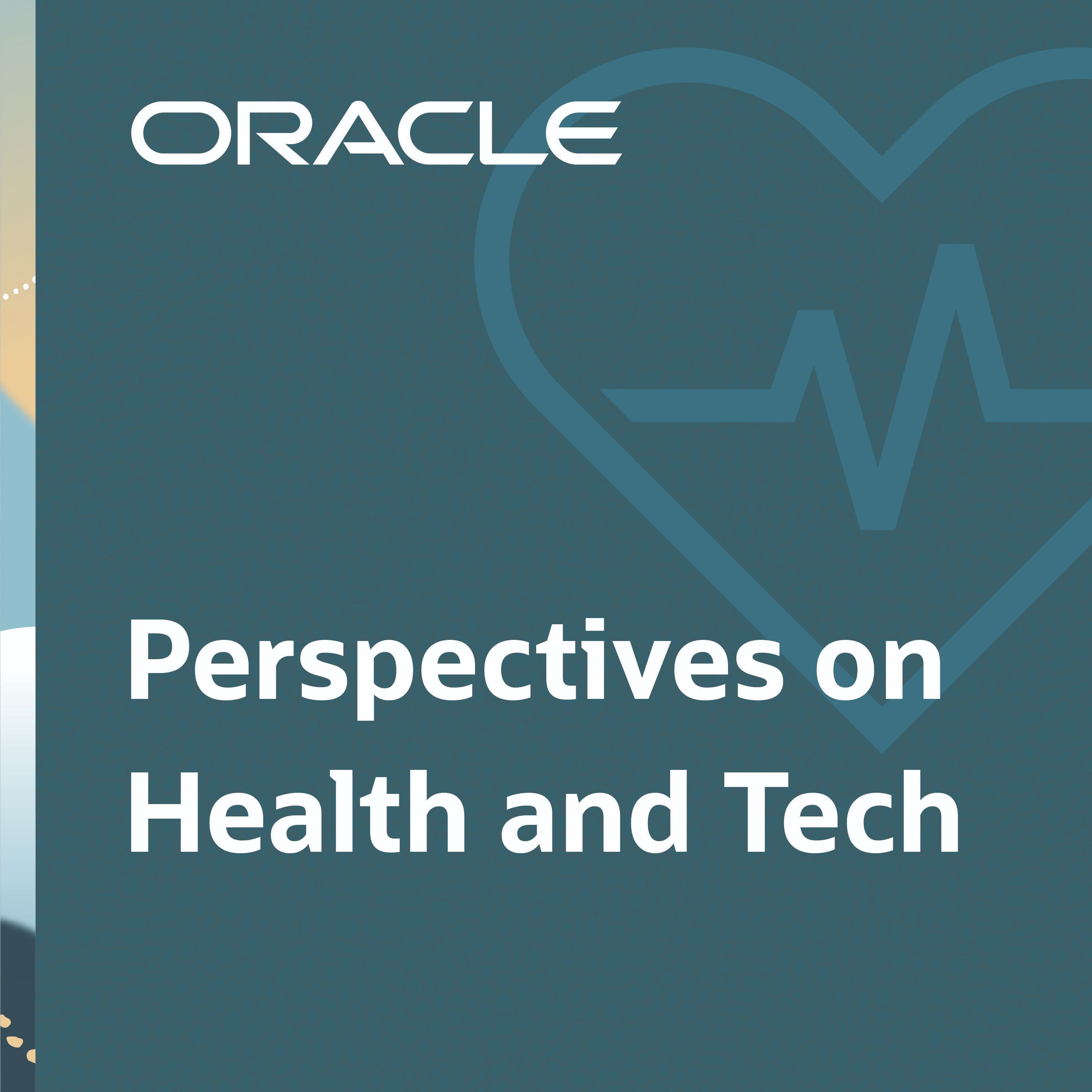Succeeding in Value-Based Care and Population Health Businesses in the Age of Hyper-scalers and GenAI
Description
In recent years, there's been a significant rise of AI technology and hyper-scalers entering the healthcare market. Listen in as two experts from Oracle Health discuss improving healthcare delivery through the integration of these technologies, particularly focusing on the role of AI and comprehensive data platforms on value-based care. Learn about improving care coordination and delivery, the shift to scalable platforms, and incorporating AI and cloud technology to continuously evolve with the needs of healthcare systems.
Featuring:
Bharat Sutariya, MD, Senior Vice President and Chief Health Officer, Oracle Health
Scott Wiesner, Go-to-Market Strategy and Operations, Oracle Health
Listen as they discuss:
- Dr. Sutariya's perspective on the current healthcare landscape (2:50 )
- AI in service of improving value-based care (4:15 )
o Growth of hyper-scalers in the healthcare industry and what is lacking with this technology specific to healthcare
-
- The need for a comprehensive data platform that aggregates across multiple sources with terminology mapped to data and ontology applied for meaningful data
- Going forward with industry-based data platforms (7:25 )
o Applying AI and genAI
o Applications with pre-formatted workflows running on a comprehensive platform
- Facing challenges in value-based care and technology choices (14:16 )
o The option of platform as a service (PaaS) helping to meet the needs for value-based care contracts
- The Oracle strategy with cloud and genAI-based advancements (15:54 )
o EHR agnostic capabilities
Notable quotes:
"We now have a unique opportunity, particularly leveraging the might of Oracle, to layer advanced AI, including generative AI, on top of our existing healthcare technology – taking us far beyond where we were before." - Bharat Sutariya, MD, Senior Vice President and Chief Health Officer, Oracle Health
"At the end of the day, with value-based care, it's really about the insights you get from the data – how do we make better use of that data in service of improving healthcare outcomes?" - Scott Wiesner, Go-to-Market Strategy and Operations, Oracle Health
CTA:
Want to enhance a connected healthcare ecosystem and accelerate value-based care efforts while improving clinician decision-making and the patient experience? See how Oracle Health can help with our suite of population health management solutions here: https://www.oracle.com/health/population-health/
----------------------------------------------------------------
Introduction 0:00
Music.
Welcome to perspectives on health and tech podcast brought to you by Oracle Health. In this series, we have conversations on creating a seamless and connected healthcare world where everyone thrives. Let's get started.
You're listening to perspectives on health and tech. I'm Scott Wiesner, Senior Director go to market strategy in Oracle Health. With me today is Doctor Bharat Sutariya, Senior Vice President and Chief Health Officer in Oracle Health. Dr. Sutariya has over 20 years-experience in care delivery transformation, value-based care, and healthcare technology. He's also board certified in emergency medicine and has practiced medicine for over 25 years. Welcome Bharat.
Scott, it's great to be with you.
Great to have you. Very fortunate to have you here at Oracle as well. Let's get into it. Why don't you tell us a little bit about what's driving you these days?
Scott, in many ways, it's the same thing that has driven me for the last 25 years, and that is to significantly improving the healthcare ecosystem of providers, payers, and the life sciences, and to achieve the best outcome and experience for the patient. I've spent the last couple of decades developing and deploying healthcare technology products and solution and I've been fortunate to partner with leading health systems that think forward and solve complex problems that others mimic in healthcare then. I'm excited that I have this potential to make a significant progress, because I believe that the technology is more aligned to the problem now, and our ability to solve the problem now is better than ever before. So that's what excites me. Last thing I would say is it's great to be back now at Oracle Health, because Oracle is a full stack company having the most modern and efficient database, cloud infrastructure application development and proven, you know, technology over decades, and it's really taking that advantage of that capability and applying to health care, it likely excites me the most.
Well, it's great when passion and experience come together. Let's sort of take the next step here. This This podcast is about perspectives, and particularly your perspective, and you've got a very extensive and a lot of experience as a practitioner, educator, implementer, and, of course, executive leader quite some time. Let's talk a little bit about, you know, what you're seeing in healthcare at this moment.
Interesting question. You know, I feel like we are at a unique juncture in healthcare where multiple forces are coming together. The cost of healthcare is rising. The outcomes are not necessarily keeping up. All of us are paying more out of our pocket, and overall, you know, that's not a sustainable system. But what's exciting is that we now that technology, you know, particularly with novel technology coming that has such an amazing promise to solve complex healthcare that it, you know, it, it gives me so much passion to look forward at solving these problems that we haven't been able to solve in the last 27 years.
So, you know, technology is both a promise and a solution. And what we're hearing from customers today really true of any industry. How do I reduce that cost? But then take those cost savings and power innovation. That's kind of the two levers there that you that you want to pull to drive efficiency and better outcomes. And one of these things we can't talk about in this day and age, whether, you know, without spelling it out, of course, is artificial intelligence. And really, how do we look at artificial intelligence and generative AI in service of, you know, improving value-based care? Can you elaborate a little bit on those two areas?
As you know, my healthcare is very broad, and the movement toward value-based care, of course, many models, ranging from shared savings to full risk arrangement, both in commercial and government space, continues to grow, so I think it's an important topic. Now. I've spent a decade on value-based care strategy, technology development and partnering with health systems to really enable success in value-based care model. And there, you know, I've learned quite a bit, right? You know, I see going forward, the hyper-scalers have already made a significant progress with the penetration into healthcare, but I'm not sure that that hyper-scaler presence in healthcare has particularly been uplifting for value-based care, because in order to achieve value-based care in a programmatically and sustainable way, you have to solve some core challenges. And in the hyper-scalers, they'll provide robust technology platform, they've not necessarily solved these challenges. And the challenges that I'm talking about is, first and foremost, you have to have a very comprehensive data platform that aggregates data across multiple data sources, and that data sources need to have a high degree of terminology mapped to it, and then ontology needs to be applied to make meaning out of it, because what happens in healthcare, in particularly value-based care, is that an average value based care provider is likely providing 50 to 60% of care in their own network, meaning they have the data, but the rest of it is provided outside of their network, into the community for which they don't have clinical data, and they can only get the insight by using the claims data. So, what's happening is that the forward looking, advanced value-based care organizations have a desire to aggregate this data from multiple EHRs, where patients get their care, multiple payers, where they have taken payer contracts. They want to get data across VBM, social determinants of health, and basically anywhere patient is touching healthcare institution. They want to understand that data, because it is that aggregated data that can give them the full insight so that they can then provide a comprehensive care.
Scott









